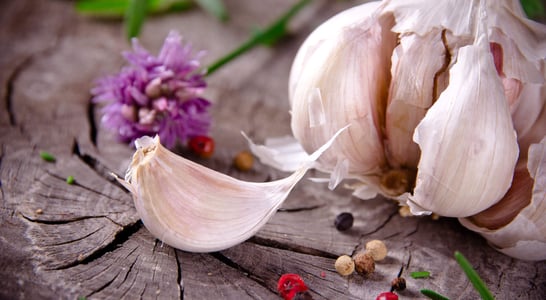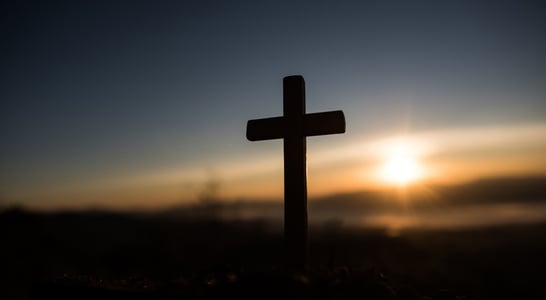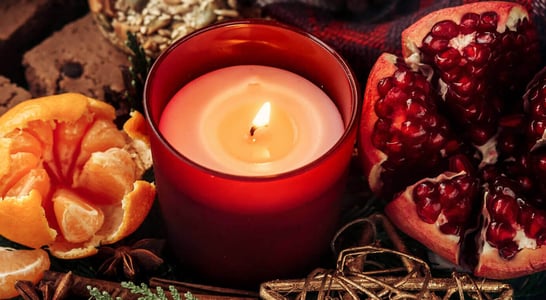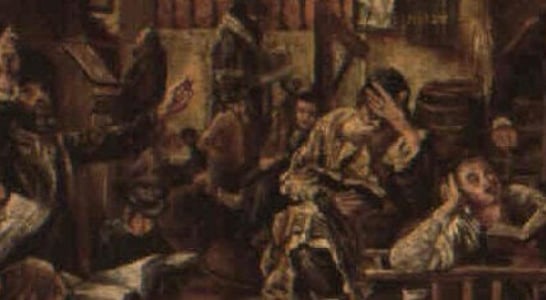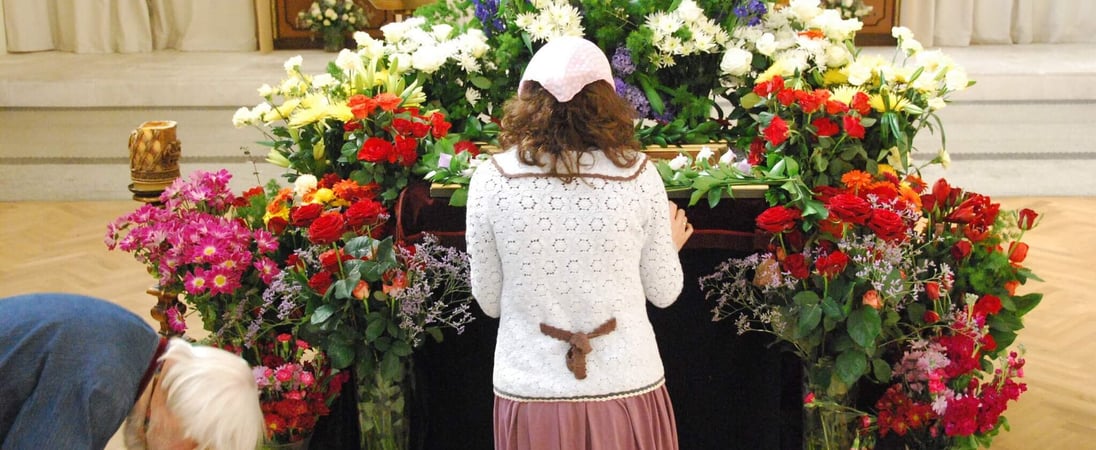
Orthodox Holy Saturday
Orthodox Holy Saturday is a deeply symbolic day that follows the sorrow of Good Friday. It represents a powerful moment of waiting and hope.
This day honors Jesus’ burial yet carries a unique, uplifting promise. Orthodox Christians reflect on Christ’s descent into Hades, where he brings hope to souls and overcomes death itself.
During church services, somber tones and dark vestments shift to brighter hues, signaling the nearing joy of Easter. The rituals bring to life the belief that, through his death, Christ broke the chains of darkness and brought light to those who awaited salvation in the depths.
In the liturgy, the congregation hears readings from the Old Testament, each highlighting the themes of renewal and liberation. These readings, along with chants and hymns, build a sense of anticipation.
At a special point, the priest spreads bay leaves or flower petals around the church, symbolizing the victory over death and the opening of the tomb.
Orthodox Holy Saturday is a blend of solemnity and joy, a day when grief transforms into the promise of resurrection, and believers await Easter morning’s celebration of life reborn.
It’s a day marked not by despair but by profound, expectant hope.
How to Celebrate Orthodox Holy Saturday
Holy Saturday in the Orthodox Church holds a quiet but profound joy as believers await Easter. For those observing, this day offers meaningful ways to connect, prepare, and embrace the spirit of hope.
Here are some playful yet reverent ideas to enhance your Holy Saturday experience.
Attend the Morning Liturgy
Begin the day with the Divine Liturgy of Saint Basil. This special service symbolizes Christ’s victory over death, blending elements of solemnity with hints of celebration.
Watch as dark vestments are exchanged for bright ones and laurel leaves are sprinkled around, marking the promise of resurrection.
Prepare a Pascha Basket
Get creative with a traditional Pascha (Easter) basket! Choose treats you’ve missed during Lent—chocolates, meats, or even your favorite baked goods.
Adding candles, dyed eggs, and icons can also make your basket a beautiful and meaningful centerpiece for Easter celebrations.
Reflect with Family Prayers
Gather with family for moments of quiet prayer or reading. This can be a time to reflect on Christ’s descent into Hades, offering hope to the world.
Sharing the story of the resurrection with children through simple words or drawings can help make the day memorable.
Decorate Your Candle for Pascha
Personalize a candle for the midnight Paschal procession. Some people wrap their candles in decorative ribbons, while others add small flowers or a prayer card.
It’s a fun way to prepare for the evening and adds a personal touch to the vigil service.
Cook a Festive Dish for the Paschal Feast
Holy Saturday is the perfect time to start preparing food for Easter’s Paschal meal. Bake traditional breads or prepare a hearty stew to break the fast after midnight.
The anticipation of sharing a special meal can make the day feel even more meaningful.
History of Orthodox Holy Saturday
The history of Orthodox Holy Saturday goes back to the early days of Christianity. This day commemorates a crucial event: Christ’s descent into Hades. Here, he is said to have liberated souls and conquered death, marking it as the “Blessed Sabbath.”
By the 4th century, Christian communities were already holding special services for Holy Saturday, honoring this “Sabbath of rest” with liturgies that symbolized Christ’s own rest in the tomb.
The apostles and early Christians began observing Holy Saturday to remember Christ’s actions between his death and resurrection. They believed he descended into the underworld, bringing hope to those in darkness. Early liturgies likely included scripture readings and hymns, emphasizing both sorrow and victory over death.
Orthodox Holy Saturday remains filled with meaningful traditions, including the chanting of Psalm 119, which praises God for his faithfulness. This day’s ancient service, known as the Vespers and Divine Liturgy of Saint Basil, symbolizes Christ’s journey through death and back to life.
During this service, clergy change from dark robes to white, symbolizing the coming resurrection and the promise of new life
For centuries, the Orthodox Church has upheld this tradition, layering it with hymns and readings that celebrate Christ’s victory over death.
These include Old Testament passages foreshadowing resurrection and salvation, such as the story of Jonah. Each part of the service captures the expectation of resurrection, a theme passed down through the centuries.
In sum, Orthodox Holy Saturday is rooted in ancient Christian practices and highlights the triumph of life over death.
It has been observed with both solemnity and hope, marking a transformative period in Orthodox tradition and setting the stage for Easter celebrations.
See what else is happening…
There’s always more going on every month at Days Of The Year. Here are our favorites this month!
Also on ...
View all holidaysHusband Appreciation Day
Married couples know it’s all too easy to take your partner for granted, so take some extra time on Husband Appreciation Day to show some affection to your husband.
Bicycle Day
Despite the name, Bicycle Day is not about pedal bikes or Queen; it’s a day to recognize the scientific and psychiatric impact of the drug known as LSD.
National Garlic Day
If you think you have enough garlic, add more. These flavorful bulbs improve just about every dish you could think to put them in, so get cooking!
Black Saturday
A sacred day in the Philippines of reflection and renewal, honoring a significant event and a time for spiritual connection and unity.


